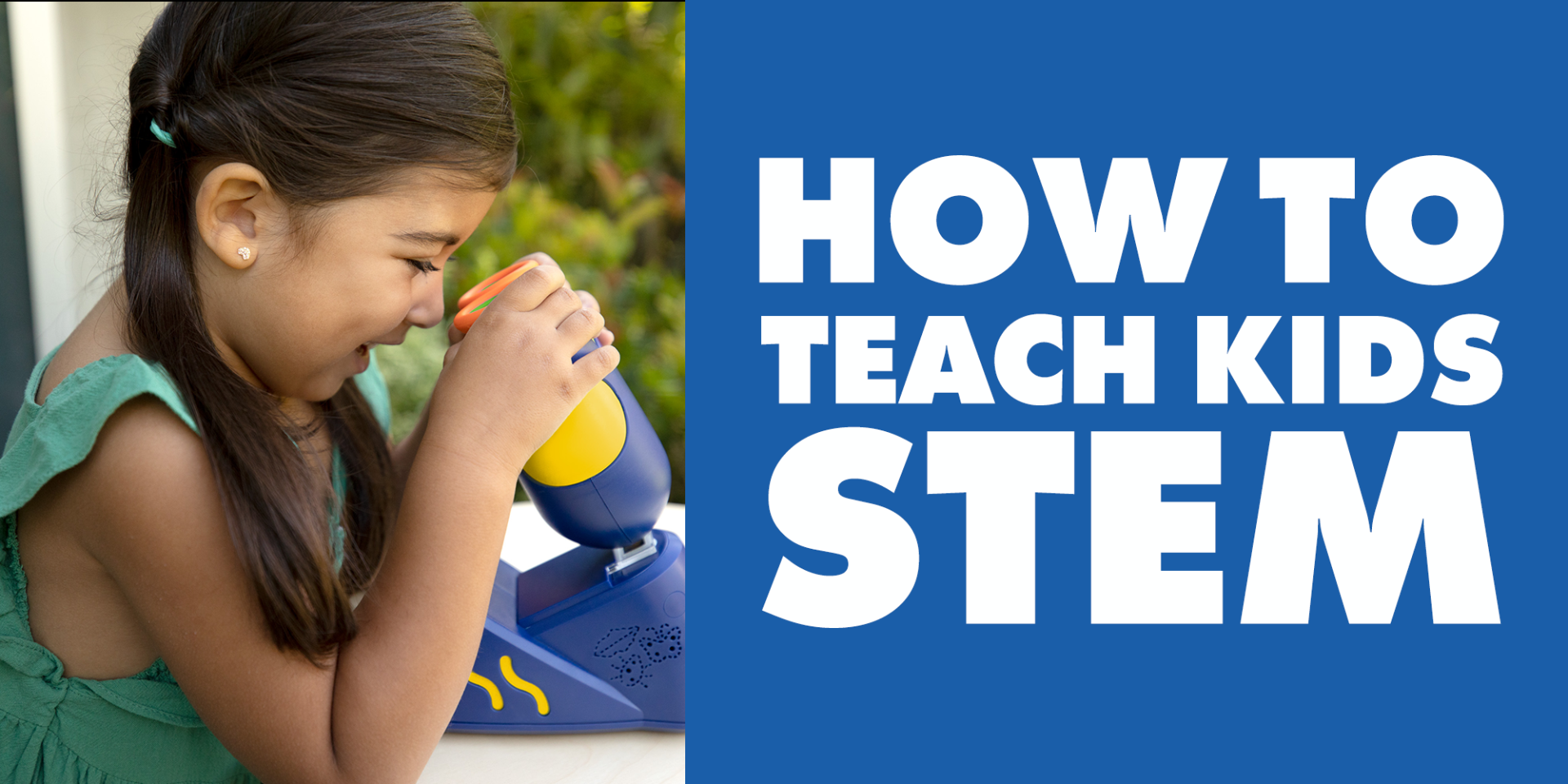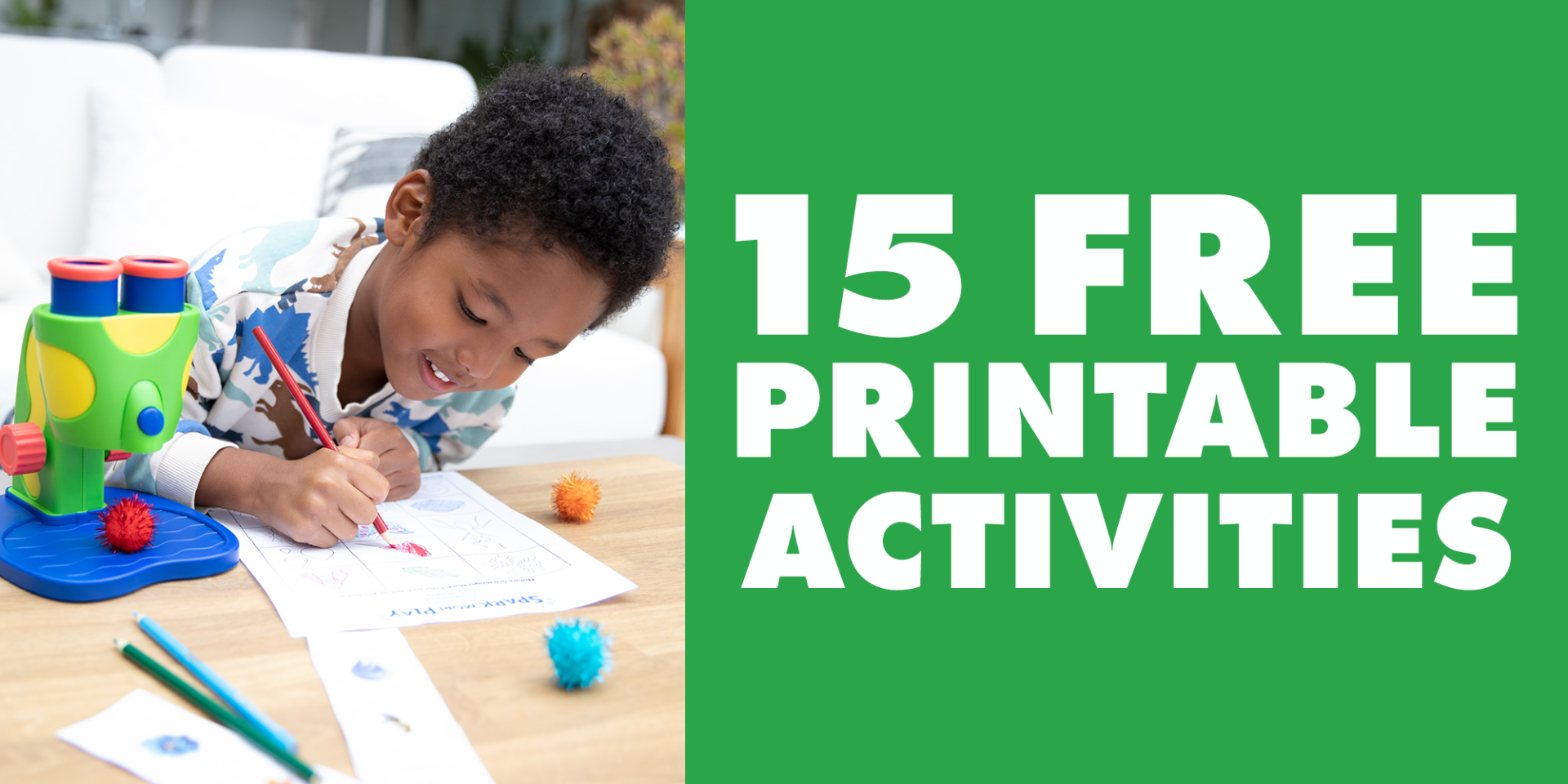
Gameschooling In Your Homeschool - The Power Of Play
- EI Editor Posted On Oct 21, 2021 | Learning Through Play
Gameschooling is all about learning through game play. There are tons of amazing benefits to adding games to your homeschool lessons and activities. You can find games that teach all kinds of learning concepts including math, literacy, social skills, and more.
Adding more game play to our homeschool lessons has given us opportunities to build stronger bonds and make memories together. Gameschooling makes learning fun, encouraging our daughter to pursue lifelong learning. Plus, it helps practice concepts and skills that are challenging in a fun and engaging way.
Want to discover simple ways to encourage game play in your homeschool? Keep reading to discover how you can make homeschooling a regular part of your homeschool lessons too.
What Is Gameschooling?
Gameschooling is fun! That’s really my favorite part. Games encourage kids to learn through play while keeping them engaged. It’s the ideal way to introduce new concepts, practice challenging skills, and help kids master learning concepts too.
It’s all about adding games to your homeschool lessons. There are games for everything! You can teach language arts, math, science, history, art, music, social skills, and more with games.
You can certainly homeschool everything through games, but that doesn’t mean you have to do it that way. Gameschooling doesn’t have to be all or nothing. Incorporating more game play into your homeschool week is a great place to begin.


The Incredible Benefits Of Learning Through Play
Adding even a few games to your homeschool lessons this year can have amazing benefits for your kids! Gameschooling is a fun and engaging way to teach content to your homeschoolers, but it’s also a way we can encourage kids to practice and develop social skills too. Check out some of the incredible benefits learning through play can have for your homeschoolers:
- Encourage verbal communication and expand vocabulary
- Teach self-regulation skills
- Learn to take turns and practice sharing
- Build listening and comprehension skills
- Practice cooperation with cooperative games
- Build focus and increase attention span
- Learn to follow directions
- Keep reluctant learners engaged in the lesson


How Does Gameschooling Really Work In Your Homeschool?
It sounds awesome, right? But can it really work in your homeschool? Yes!
I like to choose games that match up with our homeschool unit studies and add them to our weekly lessons. Check out some of our favorites and learn a little more about the skills and concepts they can help your kids practice too:
Word on the Street
Word on the Street is one that’s sure to have everyone giggling as they practice spelling and expand their vocabulary while gathering letter tiles on the “street.” It’s perfect for adding to your language arts curriculum this year.
Blurt
This silly game is fast-paced and great for large groups. We like to play at family gatherings. Blurt is all about being the first to say the right word given the definition. It’s perfect for encouraging kids to build vocabulary and practice critical thinking.
Fraction Formula
The colorful cylinders in Fraction Formula make it easy to teach your homeschoolers all about fractions and practice using them in a fun and engaging way. Add this gameschooling favorite to your math lessons this year.
Dice of Fury
This dice game is easy to play so it’s perfect for play with grandparents. In Dice of Fury, homeschoolers will practice number recognition as well as identifying even and odd numbers as they roll the dice to capture Steven.
Spindoodle
Looking for a way to gameschool art? There are tons of fun games that incorporate art concepts! Spindoodle is a creative game that encourages kids to think outside the box and work together.
Kanoodle Duplexity
We love Kanoodle Duplexity It’s a great logic game for helping homeschoolers build critical thinking and problem-solving skills. Plus, it’s a really fun way to learn about strategy too. This solitaire puzzle is a single-player or multiplayer game that’s perfect for homeschool families of all shapes and sizes.


Simple Ways To Make Gameschooling A Part of Your Homeschool
There are all kinds of simple ways you can make gameschooling a part of your homeschool each week. Check out some of my favorite ways to make it happen:
Swap One Out
One of my favorite ways to fit more games into homeschool lessons is to swap out one subject for a game each day. For example, on Monday I might choose a game that works on a skill we have been studying in math. We will play the game instead of doing our regular math lesson that day. It’s an easy way to add more gameschooling without adding extra “work” to my day.
Game Day
Can’t swap out a subject for a game? If that feels like it won’t work, I’d encourage you to establish a weekly game day. Many curriculums offer 4 day options. With a 4 day option, you can use the fifth day to play games.
You can choose games that relate to the topics you’re learning about or concepts you’re practicing in your homeschool. Even if the games you choose are totally unrelated to your current lessons, your kids will still be learning and that’s a win!
Strewing Games
We love strewing because it’s an opportunity to encourage curiosity and independent learning. Strewing involves carefully choosing items (like games) for my daughter to explore and play on her own. It’s a great way to get the benefits of gameschooling in a way that’s super easy for homeschool moms.
Family Game Night
Can’t add games to your homeschool week? That’s okay too. Establish a family game night once a month when you can play games together.
We like to let each family member choose a game to play on family game night. My little secret is to choose a game that includes a skill or topic I’d like my homeschooler to get some extra practice with that week. Put family game night on your calendar and enjoy gameschooling together this month
Do you practice gameschooling in your homeschool? How do you learn through game play? Which games are your favorites? I’d love to hear more about your gameschooling adventures in the comments, so don’t forget to share.


Meet The Author
Jessica Waldock is a writer, photographer, and homeschool mom of one living in sunny Florida. She founded The Waldock Way as a way to give back to the homeschool community that she loves so much. At The Waldock Way Jessica shares tips, tricks, inspiration, and unique resources that help ignite a love of learning in children that will last a lifetime. She inspires families to engage in homeschooling as a lifestyle where relationships come first and interest-led learning prevails. Jessica also has a fabulous collection of unit studies on her website and shares generously on her YouTube channel.
















 Shop UK Site
Shop UK Site 





 Think rock stars don't need math? Think again! Today's Deal of the Day is Rockin Math--a super fun board game that will teach you that even lead singers need to know their multiplication tables! How much leather will you need to make custom pants for your entire band? Rock your way around the board, answering amped-up math questions. Climb the stairway to math superstardom!
Think rock stars don't need math? Think again! Today's Deal of the Day is Rockin Math--a super fun board game that will teach you that even lead singers need to know their multiplication tables! How much leather will you need to make custom pants for your entire band? Rock your way around the board, answering amped-up math questions. Climb the stairway to math superstardom!

 Crazy about words? If you are, then our Deal of the Day is just for you! Wordiac™, the sleek handheld game station, will help you master over 1,000 words found in textbooks and standardized tests as well as play fun word games, challenge yourself with "electronic flash cards," and take timed quizzes. Wordiac™ reinforces must-know words in math, science, social studies and language arts, providing essential vocabulary enrichment. Two levels of learning help players review and progress. Take Wordiac anywhere for on-the-go vocabulary-boosting fun!Originally
Crazy about words? If you are, then our Deal of the Day is just for you! Wordiac™, the sleek handheld game station, will help you master over 1,000 words found in textbooks and standardized tests as well as play fun word games, challenge yourself with "electronic flash cards," and take timed quizzes. Wordiac™ reinforces must-know words in math, science, social studies and language arts, providing essential vocabulary enrichment. Two levels of learning help players review and progress. Take Wordiac anywhere for on-the-go vocabulary-boosting fun!Originally 




